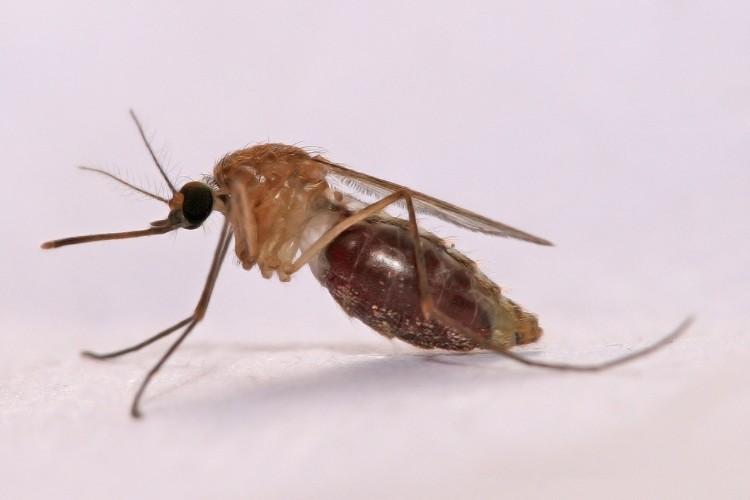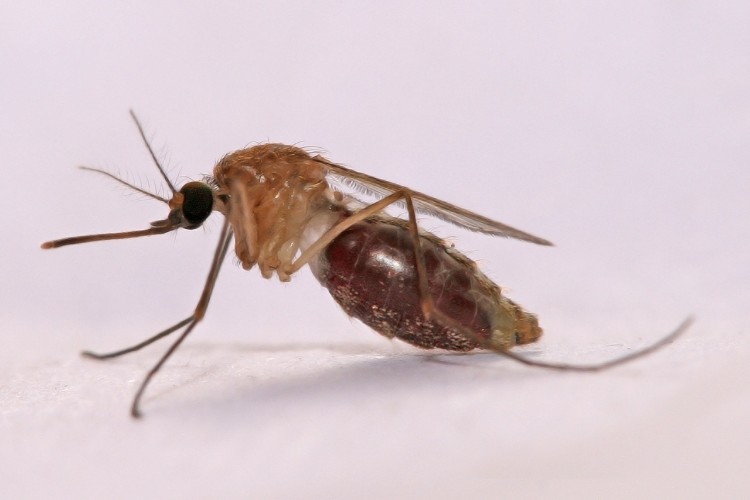Having more types of bacteria on your skin might not sound very desirable, but it could save you from a mosquito bite, according to a study published in PLoS ONE on Dec. 28.
Human skin is host to a wide range of microorganisms, many of which metabolize components in sweat to produce compounds that make up an individual’s specific body odor. The research findings suggest that how attractive you are to mosquitoes depends on your unique scent, or in other words, the diversity of your skin microbes.
The results might have profound implications in the field of malaria prevention.
Niels Verhulst of Wageningen University in the Netherlands and colleagues collected scents from the feet of a group of male volunteers and exposed the odors to Anopheles gambiae, a major species of mosquitoes that carry the malaria parasite.
The researchers also cultured bacteria samples from the participants and found that individuals who were more attractive to the mosquitoes had a higher bacteria load but lower microbial diversity.
Participants with a higher count of Pseudomonas or Variovorax bacterial species or altogether higher microbial diversity were less attractive.
The team postulates that individuals with a wider range of microbes are more likely to host specific bacterial types that produce compounds that somehow interfere with the skin’s attractiveness to this African mosquito species.
“The discovery of the connection between skin microbial populations and attractiveness to mosquitoes may lead to the development of new mosquito attractants and personalized methods for protection against vectors of malaria and other infectious diseases,” wrote the study authors in their paper.
You can read the research paper here.






